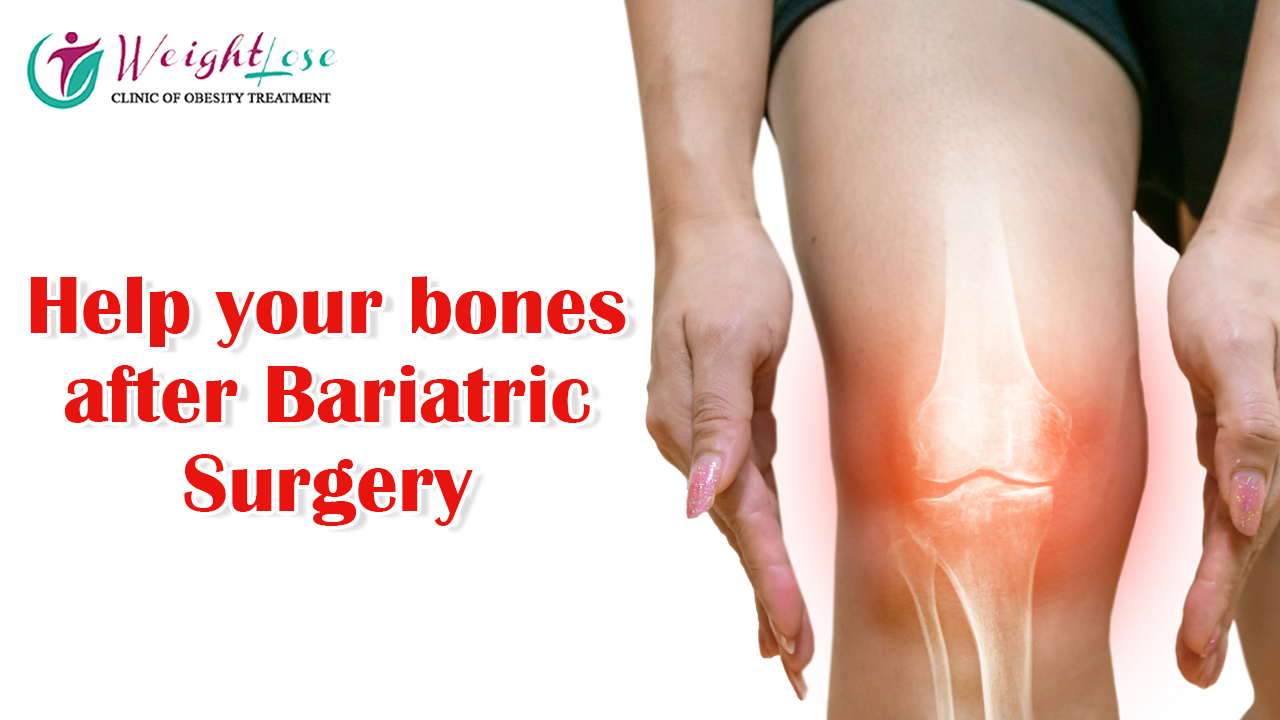Help your bones after Bariatric Surgery
Bariatric surgery is a safe and effective treatment for severe obesity and associated complications. Aside from all of the advantages, bariatric surgery has some disadvantages. One of the most serious problems of bariatric surgery (BS), which has recently gained considerable attention, is the negative impact on the health of the bones and skeletal system.
According to research, bone mineral density (BMD) declines dramatically in the early years following BS. Nutritional deficits are a typical side effect of BS that can continue for months or years following surgery. Calcium absorption, for example, will be severely reduced following BS. The importance of gastrointestinal hormones, endocrine variables, and adipokines in bone metabolism should never be underestimated.
Years after BS, the overall risk of fractures rises. Endurance and resistance training following BS can assist to reduce BMD loss and bone alterations. There are some suggestions for dealing with the negative effects of BS on bone health
Take the right nutrition for bones
Eating and drinking the right foods can assist maintain your bone health at any age.
Calcium and vitamin D are two minerals that are well-known to be beneficial to bones. But, there are numerous other vitamins, minerals, and nutrients that are necessary to keep your bones healthy and strong.
Try not to become overly consumed by including all of these in your diet. You're probably receiving what you need if you eat a healthy, balanced diet.
Choose a healthy, balanced diet
This is all about eating meals that have foods from the four main food groups:
- 1. Fruit and vegetables
- 2. Carbohydrates, like bread, potatoes, pasta, and cereals
- 3. Dairy and alternatives
- 4. Proteins, like beans, eggs, fish, and meat
Requirement for bone health
- 1. The daily calcium needed for people is typically 600-800mg per day.
- 2. Consuming fruits and vegetables frequently, particularly leafy greens, can help in calcium absorption. These contain minerals, such as magnesium, that help in food absorption and reduce the rate of calcium loss from the bones.
- 3. Physical exercise is not only good for overall health, but it can also enhance bone density.
- 4. It is also essential to consume the required amount of protein. Protein is abundant in our bones, and a protein deficit can result in bone loss over time.
- 5. Consume enough grains and legumes to substitute for protein deficiencies.
- 6. Insufficient vitamin D levels can cause bone loss, therefore it's important to track them. Our bodies can produce enough vitamin D if we expose ourselves to sunlight for 30 minutes per day. If your vitamin D levels are low, you can also take a vegan supplement.
If you are interested in obesity treatment in Delhi, you can go to the Weight Lose Clinic for any related information. You can contact our coordinators for more information, and our dietitian or nutritionist can give you suggestions for the list of the foods in your diet.


